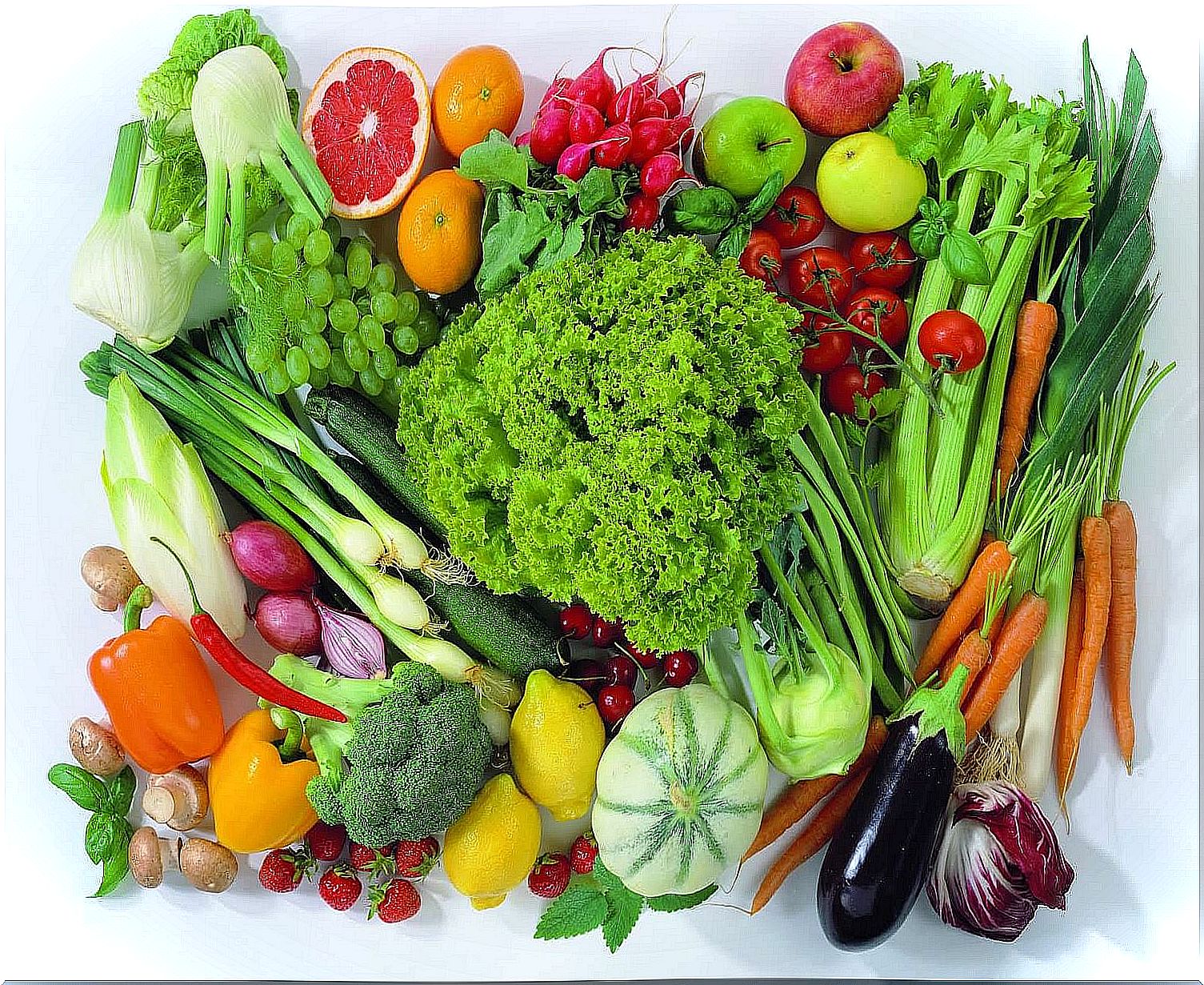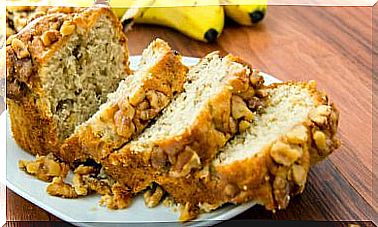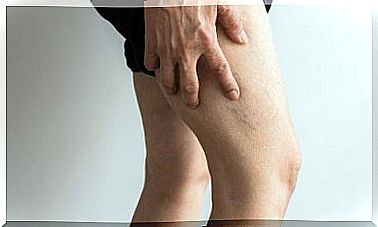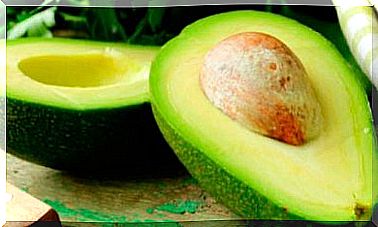Tips For A Balanced Diet
In addition to including foods from all groups in our diet, it is very important to eat 5 meals a day and consume about two liters of water to stay hydrated

In recent years, interest has grown in adopting healthy lifestyle habits, improving diet and putting aside those habits that affect health and body weight. Therefore, today we share with you the best tips for a balanced diet.
People are still looking for methods to lose weight, but no longer with strict and dangerous diets, but by betting on a healthy and balanced diet plan.
More and more people are able to understand that the body needs “a little bit of everything.” Although it is essential to control your daily calorie intake, you must ensure optimal absorption of all nutrients.
How to plan it? What should the diet contain? Read on to find out.
What is a balanced diet?
It must be adjusted to the human biorhythm, providing energetic food in the period of activity and structural food for the night-time repair period.
Among other things, you must take into account the life stage of the person, as well as the work of their metabolism, their possible diseases and lifestyle or habits.
Tips for a balanced diet

Through a balanced diet we seek to achieve adequate nutrition to take care of the body and improve the quality of life without having to give up any food.
Of course, this tries to limit as much as possible some meals or combinations of foods that contain too many calories and a low nutritional contribution.
Let’s see below one by one some tips for a balanced diet:
1. Choose variety
The body needs more than 40 different nutrients and there is no single food that can provide them. Designing a varied diet, controlled in calories and fat is key to achieving the ideal balance in the diet.
It is important to increase the consumption of organic foods, minimizing processed and refined products.
Thus, a varied diet should include:
- Fruits and vegetables
- Whole grains
- Fish and shellfish
- Lean meats
- Nuts and seeds
- Dairy and eggs
- Healthy oils
2. Have a good breakfast

All main meals are important and irreplaceable. However, breakfast should be highlighted in particular, as it is key both for body weight and for giving the whole body a boost of energy.
- During the rest period the organism remains in a fast. For this reason, upon awakening, it is necessary to “recharge” it with foods full of nutrients.
- A good breakfast should contain up to 25% of your total calorie intake. It should include fresh foods and sources of protein.
3. Divide your daily servings
Among our tips for a balanced diet, we cannot fail to mention the portions.
To get the most out of your food, it’s essential to learn portion control. Instead of consuming three large main dishes, it is better to divide meals into five or six small servings a day.
- Consuming these servings helps keep blood glucose levels stable throughout the day, preventing those “binges” later.
- By eating several times, the body maintains energy and, therefore, those episodes of morning fatigue decrease.
4. Increase water consumption

Many are ignorant of the role that water plays in health. The body is largely made up of this fluid. Therefore, to keep you hydrated, it is essential to consume around two liters a day.
- Drinking enough water starts the functions of the excretory organs and reduces the accumulation of fluids and toxins.
- By optimizing blood circulation, it supports the oxygenation process and prevents concentration or fatigue problems.
Do you want a more appetizing drink? Plant or fruit additions are great for varying its flavor.
5. Limit the consumption of sugar and salt
Gastronomy has its own customs. Therefore, it is normal for most recipes to include a certain amount of sugar and salt among their ingredients.
It is true that in small doses they cannot cause a noticeable impact on the body. The problem is that they are eaten excessively and regularly, often ignoring their effects.
- Both ingredients can cause imbalances in the body, both metabolically and cardiac and nervous.
- Its excesses are related to disorders such as overweight, diabetes or fluid retention, among others.
The benefits of diet go hand in hand with the effects of exercise. Eating too many calories and being sedentary leads to noticeable weight gain.
Knowing this, as a final advice it is good to dedicate a few minutes of the day to a training plan. Moving the body helps burn excess calories and promotes physical and mental well-being.
Did our advice for a balanced diet seem right to you? If in doubt, consult the nutritionist!









